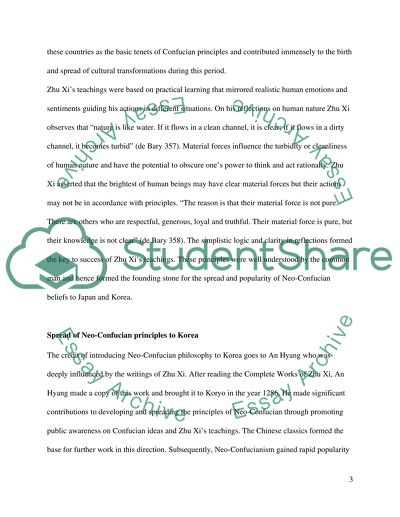Cite this document
(Spread and Adaptation of Neo-Confucianism in East Asia Essay, n.d.)
Spread and Adaptation of Neo-Confucianism in East Asia Essay. https://studentshare.org/philosophy/1585811-history-east-asian-civilization
Spread and Adaptation of Neo-Confucianism in East Asia Essay. https://studentshare.org/philosophy/1585811-history-east-asian-civilization
(Spread and Adaptation of Neo-Confucianism in East Asia Essay)
Spread and Adaptation of Neo-Confucianism in East Asia Essay. https://studentshare.org/philosophy/1585811-history-east-asian-civilization.
Spread and Adaptation of Neo-Confucianism in East Asia Essay. https://studentshare.org/philosophy/1585811-history-east-asian-civilization.
“Spread and Adaptation of Neo-Confucianism in East Asia Essay”. https://studentshare.org/philosophy/1585811-history-east-asian-civilization.


